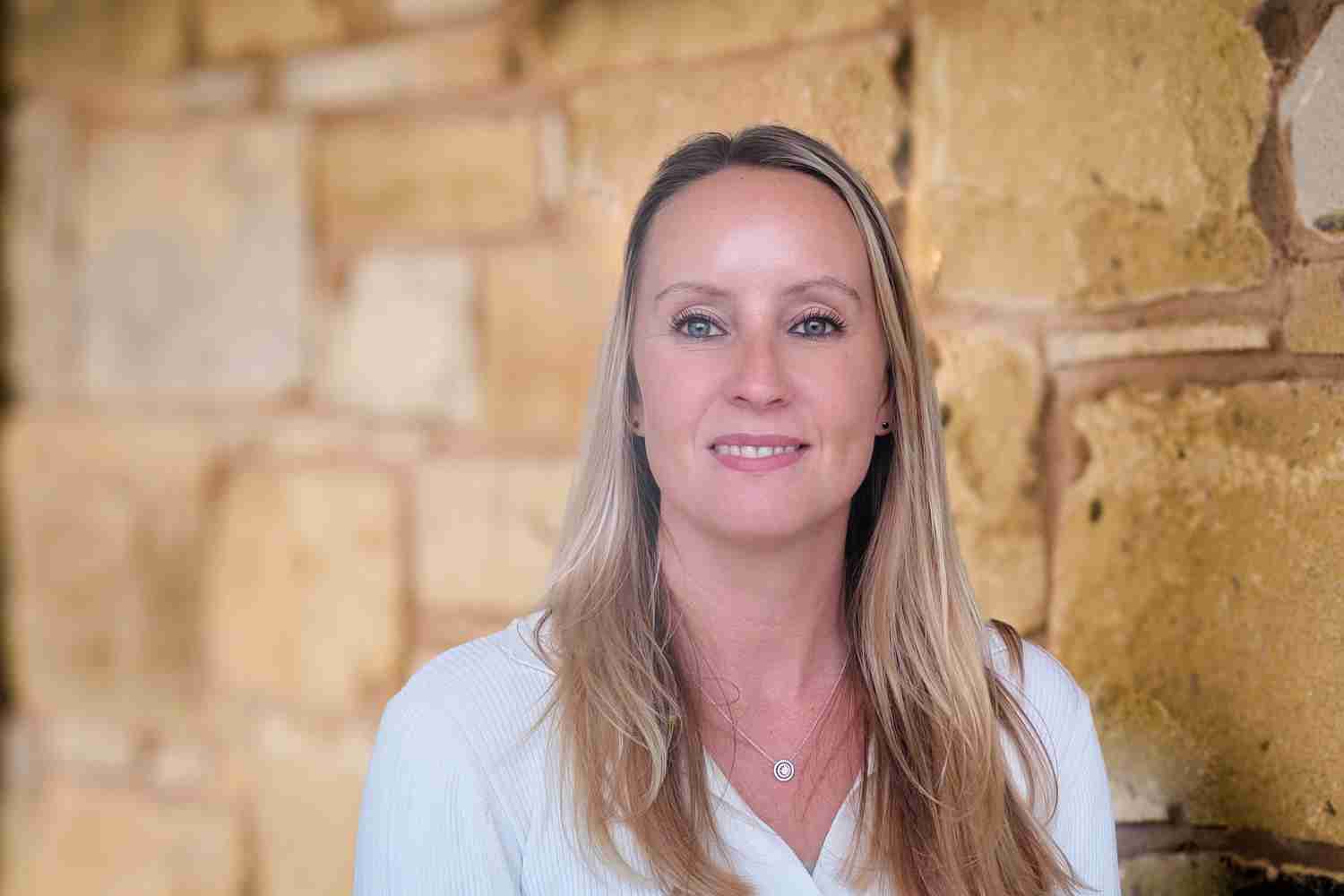Too many people still regard financial advice as a luxury, not a necessity — and the result is a profession that’s underserving the very groups it needs to engage most. This is a point eloquently made in this article from Cara Robinson (pictured), Training & Competency Supervisor at Truly Independent. In it, Cara argues that a lack of diversity and inclusion isn’t just a moral failing: it’s a strategic one too. And, she reminds us, unless we take action, the advice gap will only grow wider.
I recently read an article in which a leading Professor expressed a sense of failure over prevailing attitudes towards people with serious mental health conditions. He claimed widespread ignorance of the issues at hand reflected badly on the academic community.
If researchers were more willing to venture beyond their ivory towers, he said, the broader public would have a much better understanding of complex and hugely important matters. He suggested the best way to achieve this goal would be for academia to dramatically step up its stakeholder engagement.
This message struck me as a useful one for our own sphere. Most people know relatively little about finance, and the unhappy truth is that the financial advice profession isn’t doing enough to tackle this enduring problem.
Widening the reach of advice
One reason for a continued lack of progress in this regard is that the services we provide are still often perceived as luxuries. As a result, we’re not seen as affordable or approachable – less still as essential.
Relatedly, many advisers are reluctant to take on clients who haven’t already “made it”. A significant proportion of the population – that is, those who aren’t affluent or well on their way to such status – is thus left unserved.
Factors such as these have long generated something of a perfect storm. But their capacity to wreak havoc is perhaps greater than ever today, at a time when it has never been easier to access an enormous array of financial products.
The danger of the DIY approach
Consider the challenges confronting a demographic such as Generation Z. On the whole, even the older members of this cohort – those aged in their mid-to-late 20s – are highly unlikely to seek financial advice.
This isn’t mere supposition. According to a study published earlier this year, almost 90% of the people receiving advice in the UK are aged over 40 – and just 5% are aged under 30.
It’s therefore all too possible that someone in their mid-to-late 20s might get on the property ladder without soliciting professional expertise and insight. They might plunge into the potentially bewildering realm of buy-to-let. They might fire up their smartphone and indulge in a frenzy of day trading. They might even decide to dabble in cryptocurrency.
In some instances, of course, a measure of comfort could be derived from non-professional advice. Traditionally, this has tended to come from family, friends and even fellow pub-goers. Nowadays, in the era of “finfluencers”, it might come from TikTok and other forms of social media.
It all makes for an alarming picture – one that highlights a more pervasive lack of diversity, equity and inclusivity (DEI). Despite undeniable progress, ours is an arena that remains a closed shop for far too many individuals. It’s hardly surprising that the advice gap is in danger of growing bigger.
A lesson from outside our world
So, what can be done? This brings us back to the notion of much more determined efforts towards stakeholder engagement.
Five years ago, in an attempt to raise awareness of young people’s mental health, the aforementioned Professor worked with Aardman Animations – the studio behind Wallace and Gromit, Shaun the Sheep, Chicken Run and so on – to produce a series of short videos. Two aspects of this groundbreaking campaign may be particularly worthy of note.
The first is that young people themselves were involved from the outset. The characters and messaging in the films were directly informed by their experiences and ideas. They were at the heart of a process of “co-creation”.
The second is that the series racked up an audience of approximately 17 million within just a few months. That’s the sort of impact of which our industry can only dream.
Creating meaningful change
The lesson? We’re more likely to meet the unmet needs of underserved demographics if we first take time to fully understand those needs – which means, in turn, that we have to reach out to them at every opportunity.
This is a key objective of Truly Independent’s Truly Empowered initiative. We’re exploring ways of facilitating mutually beneficial dialogue with marginalised stakeholder groups – not just among clients but within the adviser community – with a view to delivering superior long-term outcomes for all concerned.
The professor is right: the fault for laypersons’ ignorance lies in large part with experts, because it’s experts who have both an ability and a responsibility to impart knowledge. Equally, experts can learn a lot from laypersons, because it’s laypersons who are at the sharp end of the issues that experts can help address.
This is why everybody should be given a voice – and why each and every one of those voices should be heard. We have to recognise this fact if we want to fulfil our professional duties to best effect and safeguard our own industry’s future.












![[uns] house of commons, parliament](https://ifamagazine.com/wp-content/uploads/wordpress-popular-posts/788182-featured-300x200.webp)


